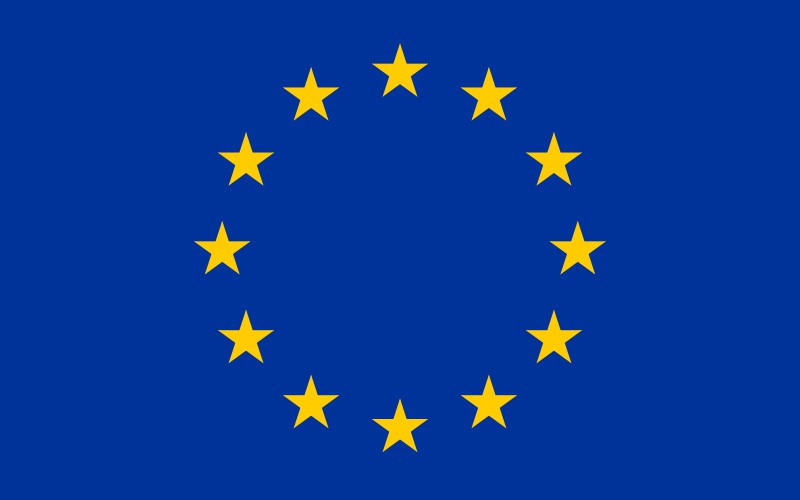Somaliland: Talks between elders
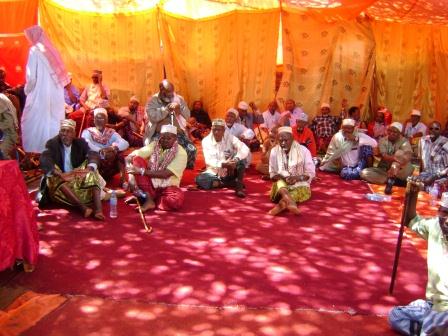
Recently, elders from the Dhulbahante and the Haber Je’lo clans of Somaliland initiated a dialogue process in Meygagle. National and local government officials requested support from Interpeace and its partner, the Academy for Peace and Development (APD), which was promptly provided.
The need for dialogue
In August 2012 a peace accord was signed in Hargeisa between the government of Somaliland and representatives of the Sool community. The initiative received support from both sides. However, some segments of that community see the Somaliland government as largely an extension of the Haber Je’lo clan. As a result, people from the Dhulbahante clan who were opposed to the initiative reacted to it by kidnapping four persons from the Haber Je’lo clan. It was this incident that precipitated the talks between the elders of the two clans.
The setting
It was agreed upon that the talks would be carried out between the elders of the Dhulbahante and Haber Je’lo clans without government involvement. It was also decided that they would be held in a neutral meeting space so as to avoid issues over contested land. The location that was settled upon was Meygagle, an area outside of the contested land and recently vacated by Somaliland forces.
Once these two points were agreed upon, preliminary discussions began over the phone. Initially some difficulties in deciding on a fixed time to meet emerged. However, the heavy seasonal rains provided incentive to begin the talks as swiftly as possible due to the pressing need of the nomadic communities to gain access to water and pasture for their livestock.
The talks
Over 20 elders from the two clans were provided with transport and other support to attend the talks that began on the morning of 17 October. The three main issues on the agenda were the release of the four abducted persons, the issue of dias or mugg (reparations for casualties from previous violence) and access to grazing land and water.
Despite tense talks, agreement was eventually reached on the first point, resulting in the abducted persons being released. The second issue of dias proved to be complex due to disagreement over the number of casualties suffered and it was decided that it was best that discussions on this issue be postponed to a later date.
It was the final point on the agenda that emerged as the most important breakthrough of the talks. Both parties quickly agreed that there was an urgent need to remove an element of fear and apprehension faced by pastoralists. “This fear is currently quite pervasive and needs to be addressed,” commented one of the participants in the talks. As a result of this point of discussion, the elders went together to the various villages concerned to deliver a unified message: access to grazing land is a traditional right and movement within the area should not be impeded in any way by anyone.
Beginning of a process
The talks yielded agreement on pressing issues and brought together previously conflicting clans to discuss issues of mutual concern. Both parties were appreciative of the assistance and support from APD and Interpeace. With a few important issues still outstanding, they have indicated that these talks were just the start and expressed an interest in continuing discussions with the hope of bridging more gaps in the future.
Made possible with the support of the European Commission and the contributions from DANIDA, Norway, Sweden, the Swiss Confederation and USAID Somalia.
|
|
 |
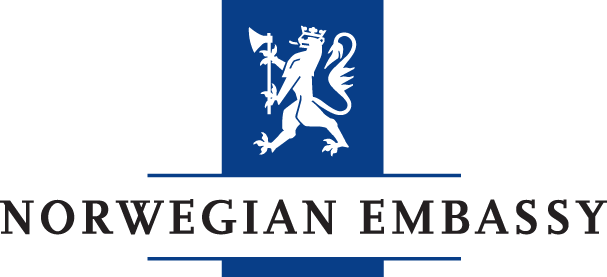 |
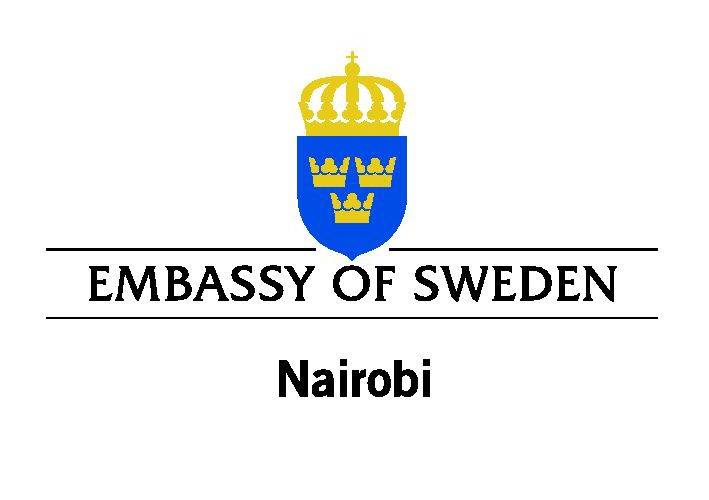 |
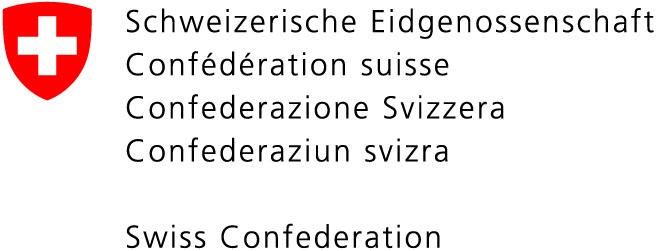 |
